International Migrants’ Day 2024
International Migrants’ Day, created to draw attention to migrants’ human rights and their contribution to society, is observed every year on 18 December.
The theme for 2024 is “Honouring the Contributions of Migrants and Respecting their Rights” and Craven College is honoured to celebrate the strong and diverse culture we have created by sharing some stories important to our staff members.
Anya Farquharson, Specialist Instructor at Evolve, is proud to share the story of her Polish Grandfather and Grandmother.
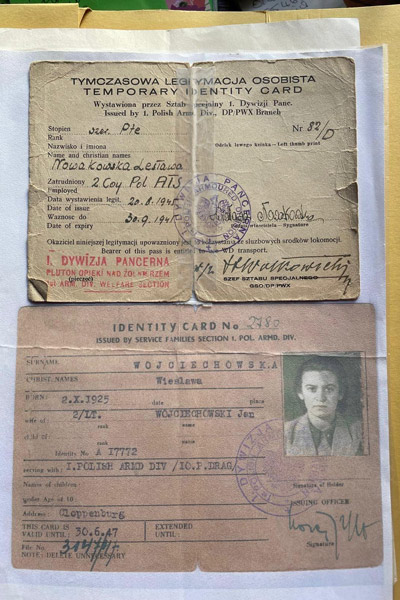
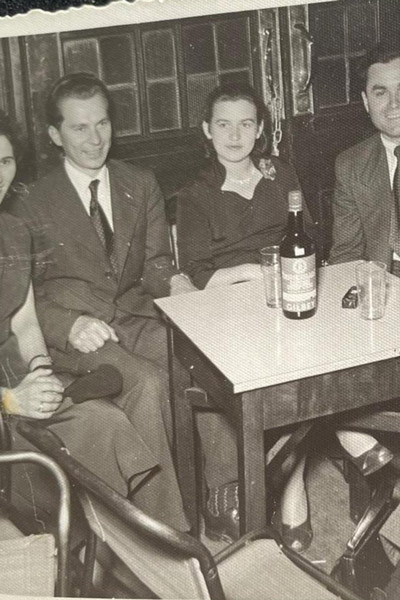
Anya’s Story
My Polish Grandad (Dzadzio) was wounded fighting, shot in the arm, in WW2 and convalesced at Harewood House. My Grandma (Babcia) was part of the Polish resistance but when the war ended she came over to be with my Grandad. They were demobbed and started a new life here. They both learnt to speak English and my Grandad trained to be a Textile Technologist and worked for ICI at Hornbeam Park.
Their names are Jan Stanislaw Wojciechowski and Wieslawa Nowakowska
Pia Sahi, a Progression Support Assistant at Evolve, is delighted to share her own story.
Pia’s Story
My name is Pia Sahi and I live in Ripon, North Yorkshire.
Ripon is home.
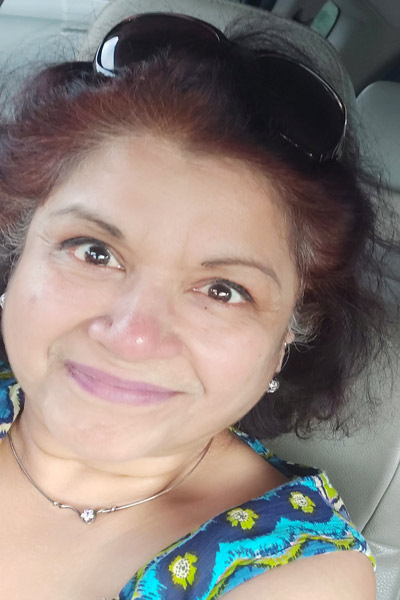
It’s been quite a long journey, settling down, you know! I was a Forces child, growing up in India. My father was in the Indian Gurkha Regiment and my mum, my two brothers and I moved around India with Dad to various locations. It meant changing schools ever so often which meant I had to leave friends every time! No mobile phones back then, you see.
Long story short, I met my husband in January 1984. We married in July 1991 and by now, he’d joined the British Army and was posted to Exeter!
My husband was allowed to bring me over to England (Maidstone)in 1987. My visa said ‘accompanied’ and I limited leave to stay back then. Then Joanna Lumley floated her call for Gurkhas to have rights to settle in the UK post serving in the British Army. When my husband retired from active service, we applied for Indefinite Leave to Remain (ILR).
Our two boys were already in full time education here and it seemed the right thing to do to decide to settle here. We are fortunate as Ripon has been very kind and accepting in making us apart of its fabric.
In a way, I feel my family is the history that will be looked back on in the future.
Anita Simic, Customer Services Officer is really proud to share her father’s story.
Anita’s Story
My father was a refugee in the 20th Century, at the end of World War 2. He had to leave his village before the invading German army arrived as they were shooting all the boys and young men. He was a young teenager at the time. He joined the Yugoslav Royalist Army, and they were fighting both Nazis and communists for the rest of the war. He lived rough, with no bed for three years, was often hungry and at one point had no boots to wear in the snowy winter weather.
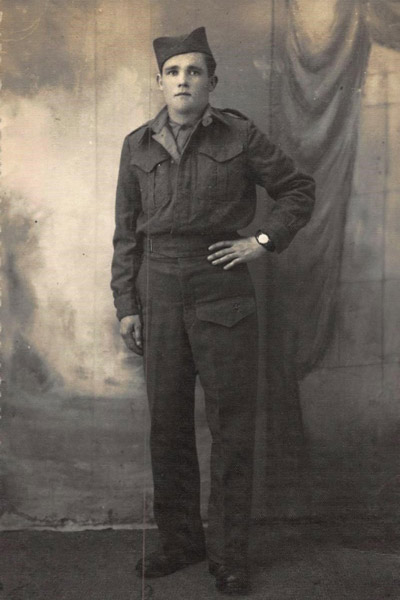
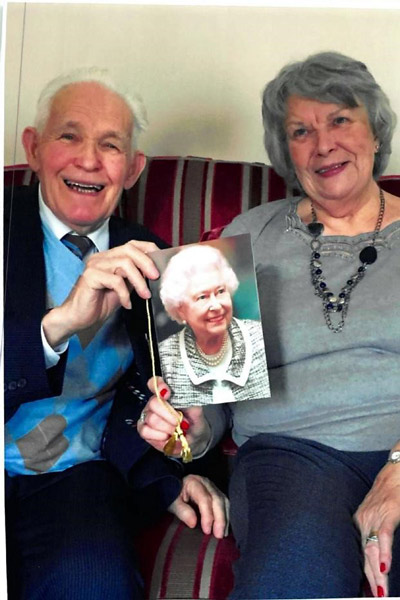
The army, accompanied by fleeing civilians, walked across to Italy on foot, fighting various battles as they went. In Naples they met with the British Army and served alongside them. Things were much better from that point as they had food and shelter, but many of the weaker people had died along the way.
At the end of the war The Allies divided up eastern Europe and, as Yugoslavia was given to Tito and the communists, my dad didn’t dare return. The rumour was they were executing those who had fought with the royalists (even though many teenagers like my dad had just joined the first unit that turned up at their village, with no real understanding of the politics).
He was then sent to a ‘Displaced Persons’ Camp in Germany. Eventually they were taken to a port and lined up to get on a ship to either the U.S.A., Canada or Great Britain. I think it was quite random where you ended up.
On arriving in Britain, the refugees were given just £1 and sent to a place to receive board and lodgings. They all had to do a few years’ work for the country. This was seen as a way of contributing to the country that had accepted them and given them a fresh start. My dad did various roles over the next few years – laying water pipes, mining and farming. He was in his thirties before he met my mum and managed to get a place of his own.
Interestingly, you could arrive in this country with nothing, work for board and lodgings and a small amount of pocket money for years, but still manage to obtain a mortgage and buy a house for an affordable amount of money. I don’t think that is possible nowadays.
My dad kept in touch with Yugoslav friends, who had a strong community over here, but he also integrated into British society. He taught himself English by studying a dictionary and listening to others. He spoke with an accent – which his family didn’t notice, as it seemed normal to us. However, our friends struggled to understand him at times.
After a very difficult early life, he lived to a good age, brought up four children and stayed married to my mum until he died. Being a displaced person affected him badly, I would say. He did manage to visit his sisters after many years passed but the relationships are not the same when you have been parted for a long time. With hindsight, I think he suffered from PTSD when we were young children. Time heals somewhat, but nothing compensates for losing family, farmland, home, relationships and culture.
At Craven College we’re proud to be going through the process to become a College of Sanctuary and hopefully we will play a part in people’s stories and journeys in years to come.



